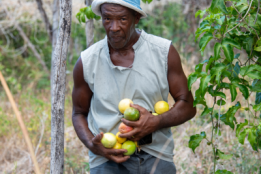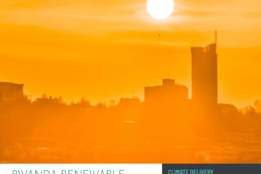Preparing national power grids to absorb increasing amounts of clean energy is costly and complex. This is why the Climate Investment Funds (CIF) launched its Renewable Energy Integration (REI) Program in 2021 – the world’s only dedicated climate investment program that supports developing countries in upgrading and adapting their national energy systems.
Colombia was the first country to access $70 million in concessional finance under the new REI Program last year. The funding is expected to mobilize at least US$280 million more from multilateral and national development banks, as well as from the public and private sectors. The new REI financing builds on previous investments of about $150 million under CIF’s Clean Technology Fund (CTF), in areas such as low-carbon urban transport, energy efficiency across various industries, and the country’s then-emergent renewable energy markets. CTF was also instrumental in financing a pilot fleet of clean technology buses in Bogota, which at the time was a novel and innovative example for other developing countries to follow.
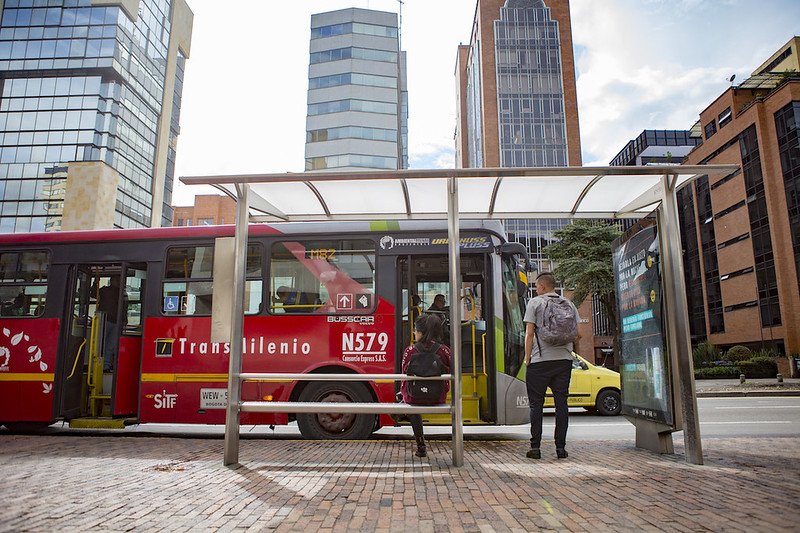
The country’s 2023 Renewable Energy Integration Investment Plan aims to make Colombia’s energy system more resilient, increase its solar and wind capacity, and expand energy access to rural communities by giving them active roles in the country’s energy market. Crucially, Colombia’s energy transformation is predicated on a key social and economic strategy: a just energy transition.
Javier Campillo is Colombia’s Vice Minister of Energy in the Ministry of Mines and Energy. It’s more than decarbonizing or diversifying the country’s energy matrix, he explains. Colombia is taking deliberate steps to ensure universal energy access through a just, fair, and inclusive transition.
Vice Minister Campillo shared Colombia’s journey when he joined over 40 representatives from 25 countries in Hammamet, Tunisia* for a technical workshop on “Integrating Renewables into Energy Transitions.” The workshop not only brought together countries with diverse energy profiles to tap into each other’s experiences but also aimed to create closer linkages with in-country implementation.
The meeting was the first in-person gathering of CIF’s REI Learning Platform, a component of the REI Program, which seeks to exchange, generate, and expand knowledge on integrating and scaling up renewable energy integration in emerging economies.
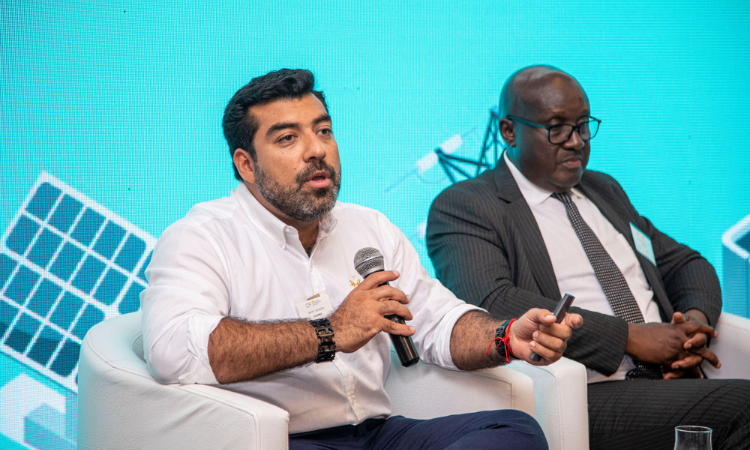
Stress Tests and Uncharted Territory
For countries managing and scaling up renewable energy integration, the opportunities and challenges may differ, or approaches may vary. But for countries like Colombia that have made massive strides in decreasing their fossil fuel dependence, their experiences could be indicative of the challenges facing other developing countries, as well as instructive in the lessons that others can learn.
Per its REI investment plan, Colombia’s installed generation capacity as of January 2022 was 17,761 MW and can be broken down as:
• 67.3% generated by hydro plants,
• 30.7% generated mainly by fossil fuels such as gas or coal,
• 1.3% biomass
• 0.8% solar, and
• 0.1% wind.
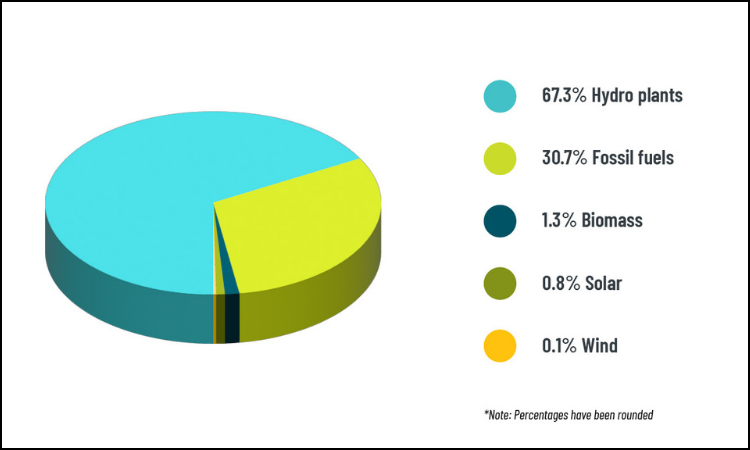
Colombia’s energy matrix is thus anchored by hydropower, an energy source highly susceptible to climate impacts. But even with the country’s decades-long experience in managing its variable renewable energy, unforeseen events can still jeopardize, disrupt, or severely strain the continuity of energy supply. And even though the El Niño weather pattern has tested Colombia’s energy systems before, Vice Minister Campillo explains why recent climate impacts provided new lessons when unseasonably late rains stretched the country’s energy system to its limits.
“Learning as we go” demanded multipronged responses – from speeding up renewable energy integration projects and reviewing regulations to facilitate this process, to rapidly deploying solar and wind energy. Watch Vice Minister Campillo explain the important lessons Colombia took from this experience.
This is the value of CIF’s REI Learning Platform. When energy experts like the Colombian Vice Minister share their country’s experiences, others learn and take lessons to fit their specific country contexts. For many who attended the three-day meeting in Hammamet, it was the opportunity to connect, share, and gain valuable insights from other countries and regions.
We asked a few participants what they took from the various panel discussions, working sessions, and networking opportunities that will inform their work back in their countries.
And while countries like Colombia are leading in renewable energy integration, they’re learning from other countries too. During the meeting in Hammamet, Vice Minister Campillo says he learned much about how some countries are simplifying regulations, for example, and from what Kenya is doing with geothermal energy.
The REI Learning Platform continues to grow and expand its body of knowledge. As it builds on the discussions and insights generated in Hammamet, two more virtual events are planned for later this year, on October 8 and December 6, 2024. Watch the CIF website for more details.
* Read more about the workshop which took place in Hammamet, Tunisia from May 21 to 23, 2024.

